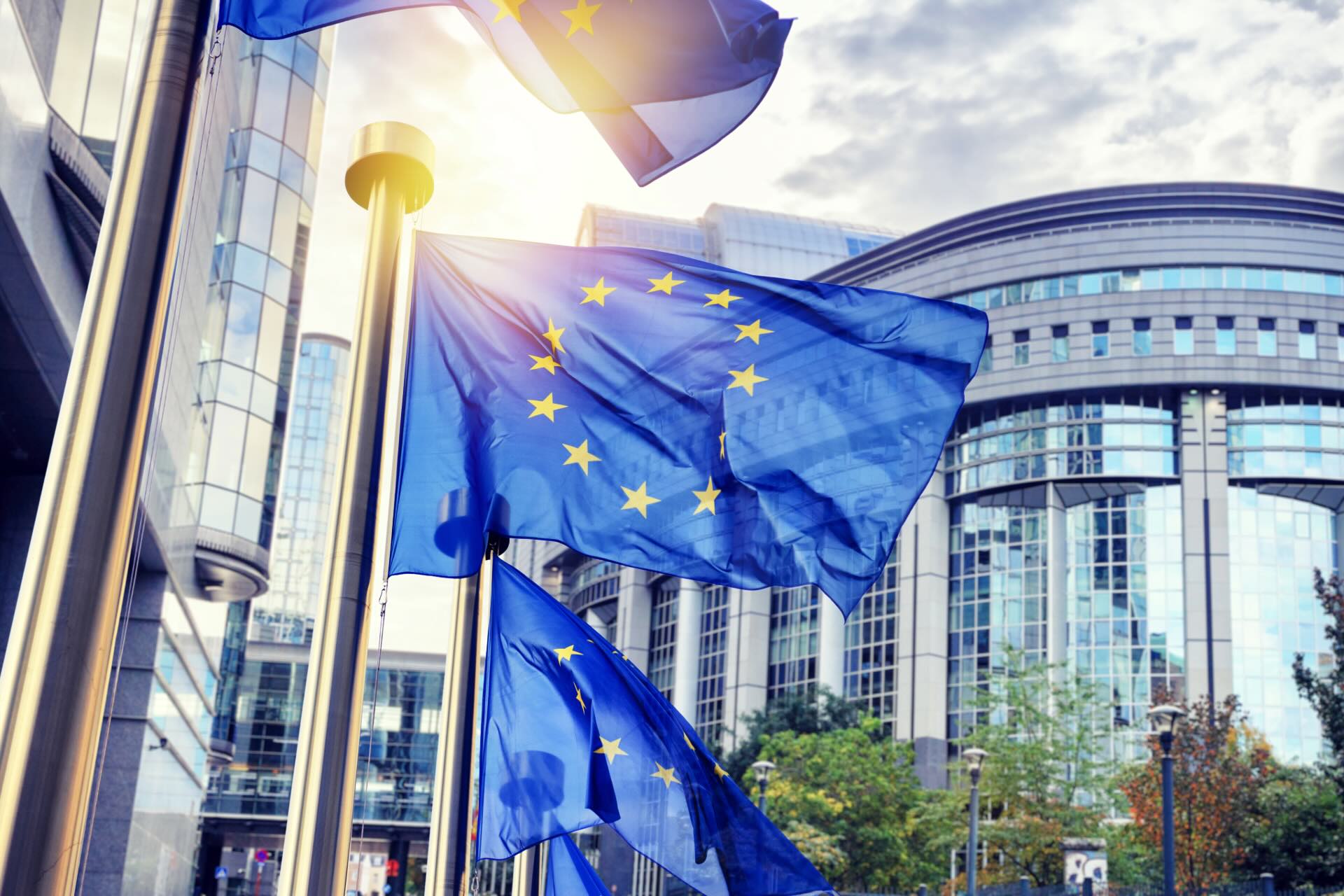If you’re a B2C company doing business in the EU, you may be affected by the Green Claims Directive, which could soon be passed into EU law as early as 2026. Yesterday we learned more about what is likely to be in scope, as the EU Council agreed on its “general approach” ahead of EU Parliament negotiations.
What is the new proposal?
The new ‘general approach’ for the Green Claims Directive draws a distinction between explicit environmental claims, and environmental labels, to clearly specify the requirements for each.
The proposal targets B2C environmental claims (both written and oral) and environmental labels that companies use voluntarily when marketing their green impacts or performance. This will apply to existing and future environmental labelling schemes for both public and private purposes.
This revised general approach follows similar UK regulatory measures such as the FCA’s anti-greenwashing rule for financial services effective from May 31, and the Green Claims Code issued by the Competition and Markets Authority in 2021.
An overview of the new proposal
- Clear, evidence-based claims
Clear criteria, following the latest scientific evidence, should be used to substantiate any environmental claims or labels.
Businesses will be required ensure environmental claims and labels are clear and easy to understand, with an explicit reference to the environmental characteristics they cover (such as durability, recyclability, or biodiversity)
- Prior verification and simplified procedure
The general approach keeps the same requirements of ‘ex-ante verification’, meaning any green claim would need to be verified by third-party independent experts before being published.
The verification process should, however, see a simplified procedure. The new general approach proposes to exempt certain types of explicit environmental claims from third-party verification. Companies eligible should prove their compliance by completing a technical document before the claim is made public.
Other support measures include:
Microenterprises – while also subject to verification, microenterprises will have 8 months longer than other businesses to comply.
SMEs – several guidelines, tools and additional support measures have been added to aid SMEs and farmers with the procedure.
- Public environmental labels
As a measure to recognise established local or regional public labelling schemes, ministers have agreed that new schemes could be introduced to exempt those already regulated by EU or national law third-party verification, provided these meet the directives standard.
The general approach will further exempt EN ISO 14024 type 1 ecolabelling schemes, provided they are recognised by a member state and comply with the general approach requirements. Recognition by one member state would be sufficient for the whole EU market.
- Climate-related claims
The general approach will require all climate-related claims to be proven. Claims which involve carbon credits, and so rely on information from outside the company’s value chain, will need to report the type, quantity and permanency of carbon credits included.
The general approach will also distinguish between
- contribution claims (carbon credits to contribute to climate action)
- offset claims (carbon credits to balance out an emissions share)
For an environmental claims, the company’s net zero target alongside any decarbonisation progress must be proven, with the percentage of offset emissions declared.
What happens next?
The EU Council’s general approach will form the basis for negotiations with the European Parliament on the final shape of the directive. Negotiations are expected to begin in the new legislative cycle.
Over the coming weeks, the EU will announce an action plan to move forward. We’ll be bringing you more details as they emerge













